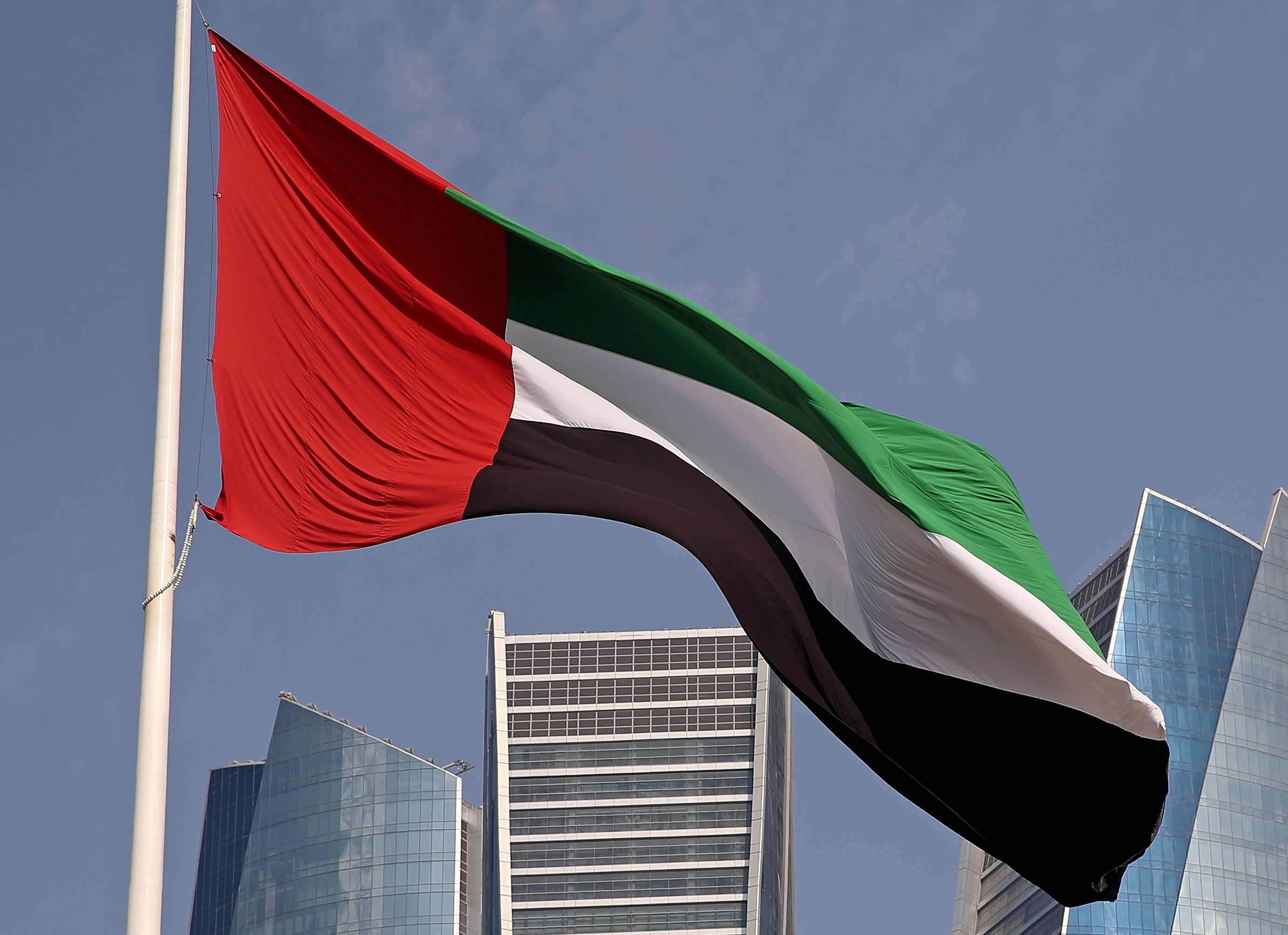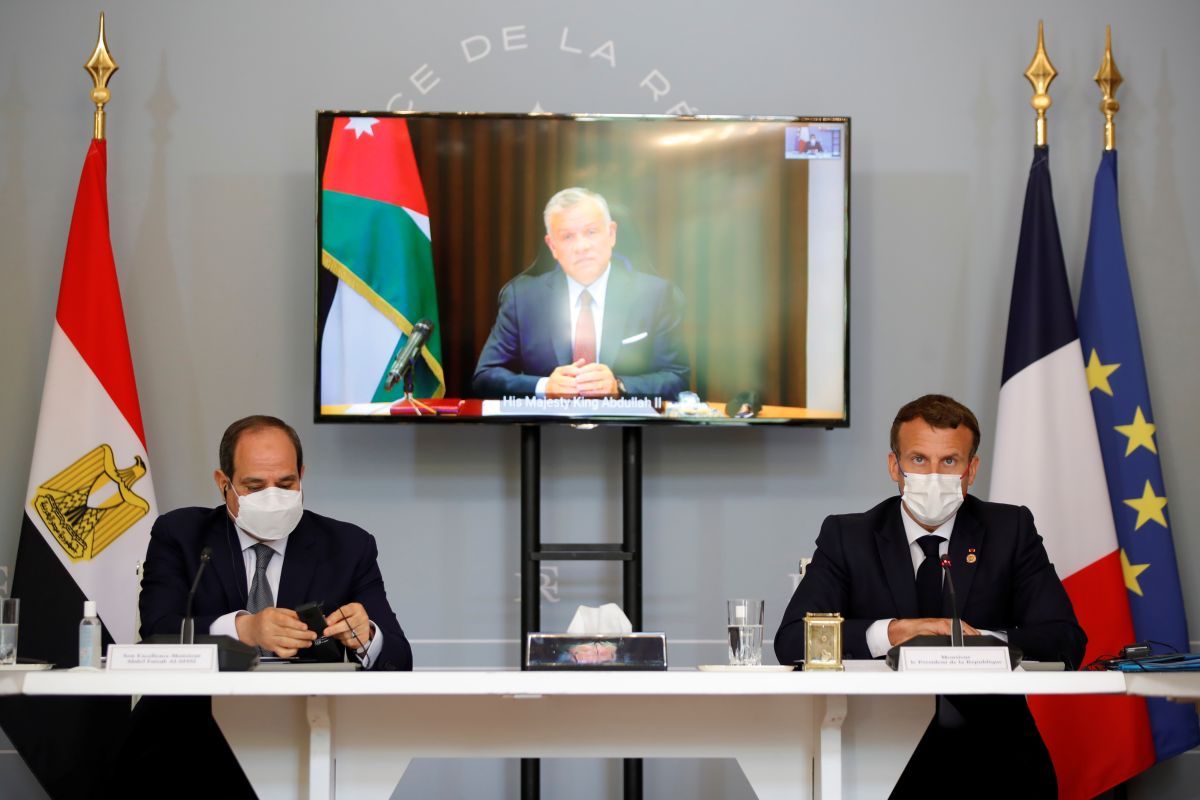A Year Later: Status and Perspectives on Israeli-Arab Normalisation
 Photo: Nir Alon/Zuma Press
Photo: Nir Alon/Zuma Press
The New Relationships
Since last year, Israel has normalised relations with four Arab states: the United Arab Emirates (UAE) and Bahrain under the “Abrahamic Accords” (September), Sudan (October), and Morocco (December). The new partners agreed to formalise diplomatic relations, rescind laws boycotting Israel, and initiate cooperation in a number of areas. Closely related to the decisions to recognise Israel were incentives by the Trump administration, including the sale of F-35s to the UAE, recognition of Morocco’s sovereignty over the occupied Western Sahara, and the removal of Sudan from the list of state sponsors of terrorism. Normalisation enjoys cross-party support in Israel and is being actively developed by the new government. Foreign Minister Yair Lapid visited the UAE and Morocco in June and August, respectively. Israeli embassies were opened in the Gulf states as were their respective diplomatic missions in Tel Aviv. The reception of normalisation in Arab states is less clear-cut—according to the Washington Institute, around 60% of Bahrain and UAE citizens do not support normalisation. The establishment of relations with Israel has also provoked protests by some on the Moroccan political scene.
The Israeli-Emirates partnership remains the most developed. Since September 2020, around 60 MoUs have been signed in various fields and trade has reached $0.5 billion. Also, around 200,000 Israeli tourists have visited the Emirates. The UAE created a $10 billion fund earmarked for investments in the Israeli high-tech sector, especially in green technologies, space research, and food security. A particularly important aspect is cooperation in the energy sector—another Emirati fund bought $1.1 billion worth of shares in the Israeli Tamar natural gas field. Relations with Bahrain are of a similar nature, although their economic potential is smaller than with the UAE. Normalisation has also advanced with Morocco where Israel counts especially on the development of social policies as almost a half million of its citizens originate from that country. As with the UAE and Bahrain, Israel signed a number of agreements with Morocco regarding cooperation in, for example, cyberspace, tax exemptions, air traffic, and investments. The least developed relations are with Sudan, which has not concluded a formal agreement with Israel (it signed only the declaration of the Abrahamic Accords). Its cautious approach is the result of new leadership after the political changes in 2019. Initial talks have focused primarily on cooperation on security and development, such as in agriculture or combating climate change.
Interests and Differences
For Israel, the development of the normalisation process is one of its most important foreign policy goals. In economic terms, it is an opportunity to promote exports, especially of arms, cyberspace capabilities, and water technologies, and secure access to investment capital. In this context, the UAE is a key partner as a source of funding as well as an intermediary to facilitate access to markets in Asia and Africa. A partial breakthrough of the Arab boycott has allowed Israeli diplomacy to become more actively involved in previously blocked directions (e.g., regaining observer status in the African Union) or deepening still-informal relations with, for example, Saudi Arabia, which has opened its airspace to flights from Israel. For the Arab partners, cooperation with Israel, apart from the U.S. policy context, ensures official access to advanced digital and military technologies (e.g., joint air defence projects), strengthens their economic influence, and creates a common front against Iranian actions in the region.
The normalisation process has so far proved resilient to crises related to the Israeli-Palestinian conflict. In view of the protests in Jerusalem in May and the escalation with Hamas in the Gaza Strip, the reactions of the Arab states were limited to diplomatic statements. Although the new partners strongly emphasise their continued support for the Palestinian cause, they significantly reduced contributions to the Palestinian Authority (PA) budget (from $265.5 million to $40 million from all Arab states in 2020). There is also a visible change in relation to the settlements in the West Bank, especially by the UAE. Emirates companies import products produced on estates in those areas (e.g., wine) and the authorities are toning down official criticism, but at the same time emphasising that their actions have stopped the annexation envisaged in Trump’s plan.
A limitation of the normalisation process is the lack of new partnerships. Despite speculation that more countries would follow suit, this has not occurred with Muslim states in Africa or Southeast Asia, and neither with Oman or Saudi Arabia, without which the support of the latter makes it impossible to implement the plans for a land corridor between Israel and the Persian Gulf.
Strongly against establishing relations with Israel are Tunisia, Kuwait, and Algeria, with the latter using normalisation as one of the pretexts for breaking off relations with Morocco. There is also a visible inequality between the partnerships and a preponderance of cooperation mainly between Israel and the UAE. The ties are not conflict-free, for example, out of environmental concerns Israel suspended the contract for oil transport through the Eilat-Ashkelon pipeline. Criticism of normalisation also extends to the transfer of Israeli technologies used by governments to surveil the opposition, but Israeli restrictions in this area could affect other areas of cooperation.
Role of the U.S. and Other Partners
United States policy remains the most important factor for the future of Israeli-Arab normalisation. The Biden administration officially supports the new partnerships, but there is a visible dichotomy in its policy. For image-related reasons, it has been troublesome to support a process that is strongly identified with now ex-President Donald Trump, whose former members of his administration (e.g., Jared Kushner, Steven Mnuchin) are still actively involved, particularly on a business level. The U.S. suspended the Abrahamic Fund, which was to support investments related to normalisation. A key point of divergence is the tougher strategy towards Iran desired by Israel and the Sunni monarchies, as well as the pressure by the Biden administration for improvements in the protection of human rights in the region. At the same time, this administration has not withdrawn from its predecessor’s decisions: the sale of the F-35s or recognition of Moroccan control over Western Sahara. Support for deepening the Israeli-Arab partnership is also used to strengthen the new leadership in Israel, which is closer to the current U.S. administration than Benjamin Netanyahu would have been.
Israel has expressed interest in increasing the institutional dimension of the cooperation, but the chances of creating a new format for new partners are low in the short term. The attempt to include the UAE in the East Mediterranean Gas Forum was blocked by the PA. There is also scope for greater involvement within the Union for the Mediterranean in the case of Israeli-Moroccan relations.
Conclusions and Perspectives
The outcome of normalisation so far is clearly favourable for Israel. Its government will actively develop cooperation with Arab states while trying to avoid linking this process to the conflict with the Palestinians. This issue still is the one most likely to weaken normalisation, but only in the event of a major and prolonged escalation. Normalisation remains in line with the EU’s interests in the Middle East and North Africa (especially in climate and energy), but the parties’ attitude is a clear signal that EU diplomacy will be more difficult to engage Arab partners in active political support for the Palestinians.
The establishment of new partnerships and the institutionalisation of existing ones will depend on the situation in the region. The main factor here remains the progress in the negotiations on Iran’s nuclear programme. Their failure, combined with the declared American strategy of reducing U.S. involvement in the region, may encourage closer relations with Israel. In the context of the U.S., the Biden administration’s passive attitude towards normalisation may induce potential candidates to maintain the current, secret format of relations. Greater U.S. support will depend primarily on the interests and expectations of the new Israeli government, for example, in its policy towards the PA.





